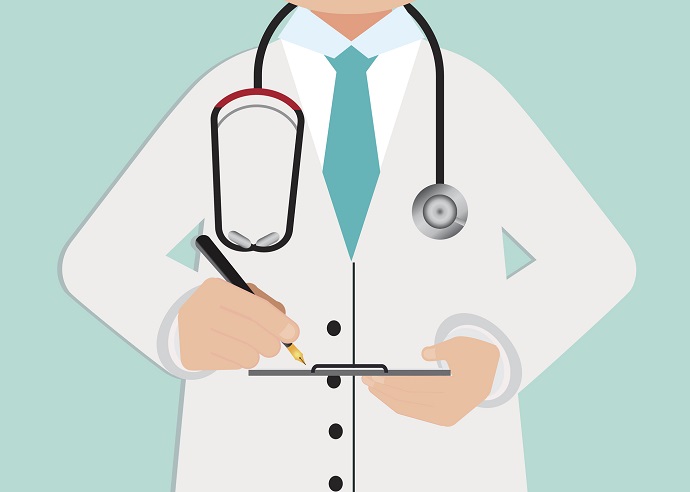A primary care physician, or PCP, is a doctor who provides the first contact to patients with undiagnosed medical issues and ongoing care for various medical conditions. To be considered a primary care physician, a PCP must have MBBS, MD, or DO degrees.
Primary care physicians offer a non-surgical and basic diagnosis of common conditions and illnesses. The PCP diagnoses the patient and collects information about the current symptoms, past medical history, and other health details. They also perform a physical exam.
A PCP is a highly trained physician who can interpret results from blood samples or other samples, electrocardiograms, or x-rays. A specialist is recommended if you require complex or intensive diagnostic procedures. For your family, you can contact direct family care doctor from the link https://primedirecthealth.com/.

Image Source: Google
PCP can help you learn about safe health habits, treatment options, and self-care skills. They also provide screening tests and immunizations. All patients should first contact their PCP. In non-emergency situations, he/she will be the primary health care provider.
The role of the PCP is to:
* Preventive care and healthy lifestyle habits are taught.
* Assess the urgency of your condition and guide you to the right place for care
* Seek out other medical specialists if you have a medical emergency
Primary care is usually provided on an outpatient basis. A PCP is a trusted, ongoing relationship that you can have with one doctor over time. You can choose from a variety of PCPs depending on your specific condition.
- Pediatricians: They can care for infants, children, babies, and adolescents. They have completed a pediatric residency.
- Gynecologists/obstetricians: These are the PCPs that women use, especially during pregnancy.
- Family doctors: These doctors treat both children and adults of all ages. They can perform minor surgeries.
- Internists: These caregivers can care for adults of any age with various medical conditions.
- Doctor assistants and nurse practitioners: They have completed a different training program and are certified. They are often called physician extenders.
If you are not experiencing an emergency, find primary care physicians in your area.
